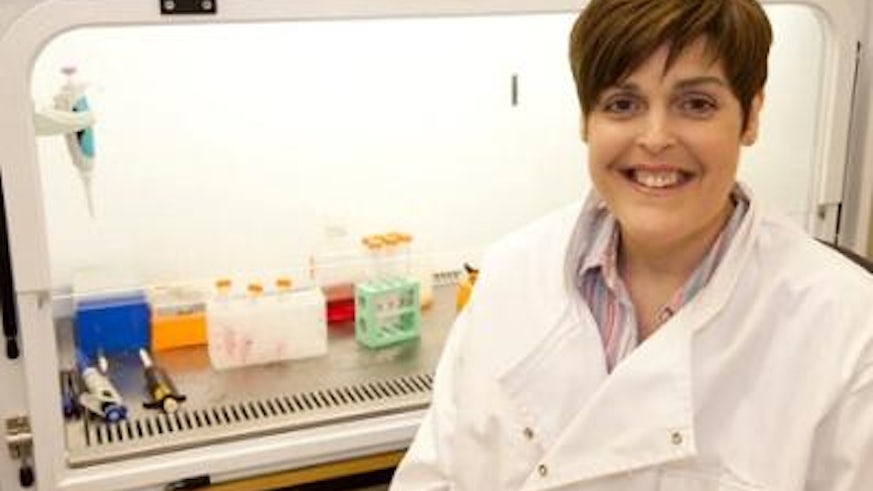Prize for model lung built with human tissue
13 Tachwedd 2013

Two technologies which assess the impact of chemicals and pollutants on the lungs and skin without the need for animal testing are joint winners of the 2013 Lush Science Prize.
The winners in each category will be announced today at a gala dinner at Kings Place in London.
The 2013 winners of the Science category, with a prize of £25K each, are:
·The Lung & Particle Research Group at Cardiff University: for their development of a model of the lung using human tissue, able to show cellular damage and changes in metabolic activity in response to toxins. The model has proven to be a viable alternative to the use of animals for safety testing aerosolised health, beauty and cleaning products, pesticides, herbicides and foodstuffs.
· The QSAR & Molecular Modelling Group at Liverpool John Moores University: for their work developing chemistry-driven computational models for the prediction of toxicity of cosmetic ingredients. Their research focuses on defining the so-called Molecular Initiating Event within an 'Adverse Outcome Pathway' enabling chemical toxicity to be predicted. Recent work has looked at predicting skin sensitisation potency and respiratory sensitisation potential.
Dr Kelly BéRubé, Director of the Lung and Particle Research Group at Cardiff University's School of Biosciences said: "We've found that by using cultures derived from human tissue, we can produce robust results and avoid using animals for our type of research. We're now able to predict with very high accuracy what will happen in a human lung. We're very excited about this work – and we want to encourage everyone to use human tissue systems in this type of experiment."
Dr Steve Enoch of the QSAR & Molecular Modelling Group at Liverpool John Moores University said: "We would like to build on our work to extend it to other organs beyond the skin and lung and this award will help us do that. It's also important for us to make other scientists in toxicology aware of computational approaches and how they can be integrated with other, non-animal, experimental data within the Adverse Outcome Pathway paradigm as viable, and predictive, alternatives to animal testing."
Now in its second year, the Lush Prize aims to stimulate research into human toxicology pathways, with the ultimate aim of replacing animals in product safety testing. A collaboration between the cosmetics company Lush and the Ethical Consumer Research Association, the prize recognises scientific advances in the field, rewards promising young researchers and supports initiatives in training, lobbying and public awareness.